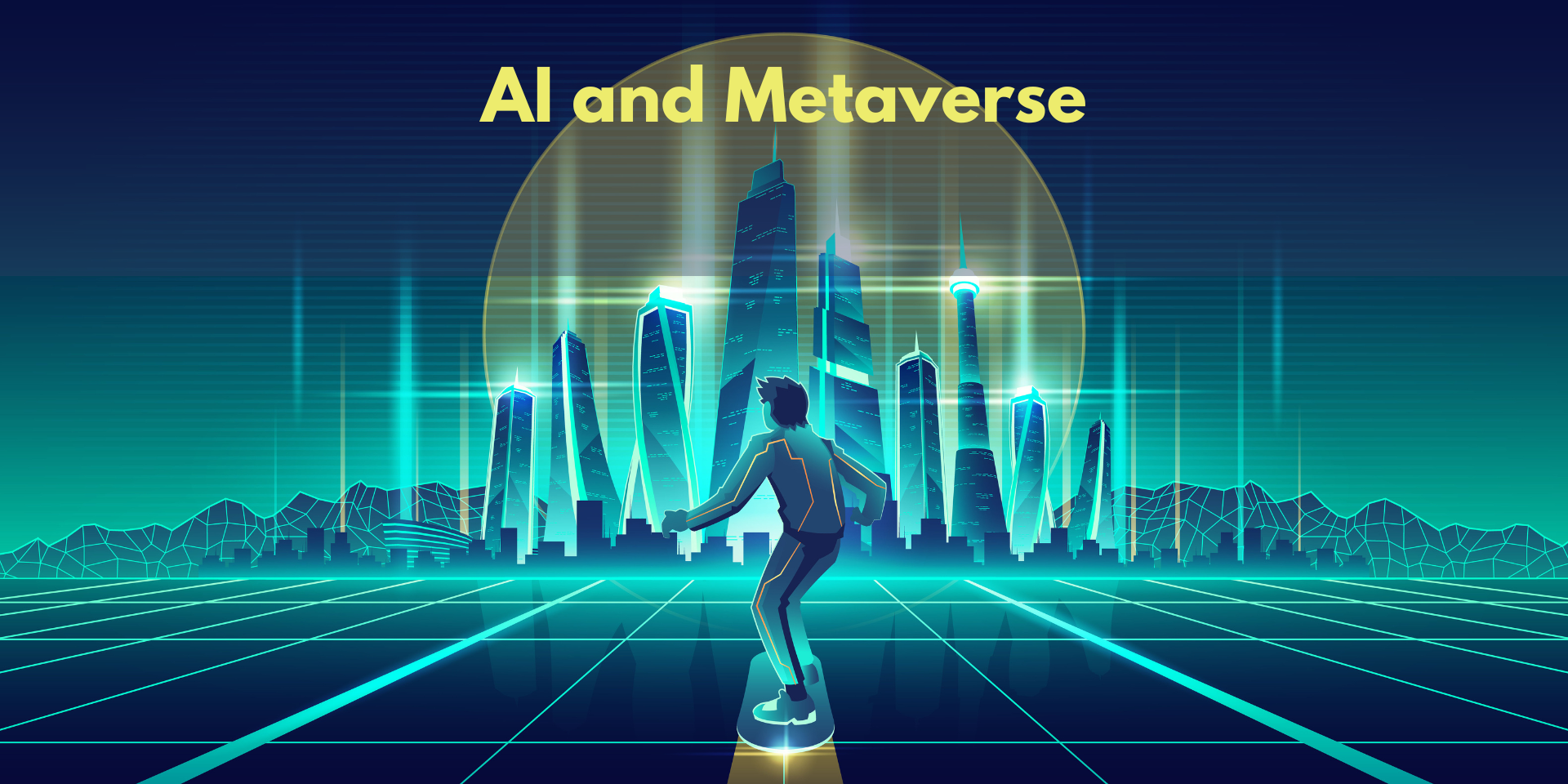Metaverse is a virtual world that allows individuals to interact with each other. Blockchain technology may or may not be involved. It is a virtual, immersive world that mimics various aspects of the real-world using technologies such as augmented reality and virtual reality. It consists of a shared virtual 3D space in which users can interact with one another as well as with avatars and computer-generated objects. Metaverse transports an individual into a completely new and different world. At present, metaverse is mainly used in the gaming industry. However, it can be widely used in the fields of online shopping, training, education, real estate, etc. With Metaverse, people can make money by buying and selling virtual land; selling real-world goods virtually; trading in cryptocurrencies and non-fungible tokens (NFTs); selling virtual items; and much more.
The Metaverse concept: What do people think about it?
- The concept of the metaverse has resulted in a lot of hype, doubt, and confusion in the minds of people.
- One section of people feel that it will add to the confusion of the already existing world of augmented reality and mixed reality.
- Another group of people perceive it to be a breakthrough moment as an extended version of the real world.
- Several corporations and large financial institutions are investing in the metaverse.
- The cost of the metaverse is expected to rise from $12 billion in 2020 to $72.8 billion in 2024.
- Facebook, now Meta, is investing $10 billion in the metaverse.
- Epic Games also has investment plans of $1 billion for the metaverse.
The entry of supercomputers
- A supercomputer, as the name indicates, is a high-speed, ultrafast processor capable of processing and interpreting vast quantities of data.
- Compared to the traditional personal computers, desktops, or laptops that we see or use, supercomputers are capable of delivering a significantly higher level of performance.
- A supercomputer that is used for processing vast data quantities and solving intricate problems is not a single device but a collection of parallel interconnected processing units.
- The market for supercomputers has grown tremendously in recent years with the increased adoption of AI and cloud computing.
- The market for supercomputers is expected to reach $17.2 billion by 2030.
- Tech giants like Meta, Intel, and Microsoft are investing heavily in developing their own AI supercomputers by combining multiple graphics processing units (GPUs) into computer nodes and connecting them together through a high-performance network fiber.
- The term FLOPS (floating point operations per second) is closely associated with supercomputers.
- FLOPS refers to the measure of the performance of supercomputers.
- FLOPS is an indicator of how a supercomputer will perform a complex operation or calculation.
Meta’s next-gen supercomputer
- In late January, the social media giant Meta (previously Facebook) announced the development of their own AI supercomputer.
- Meta claims that the new Research SuperCluster (RSC) will be the fastest supercomputer in the world by 2022.
- Meta’s supercomputer, RSC, will contain more than 16,000 GPUs and will be able to train AI systems with more than a trillion parameters.
- The RSC will be able to handle everything from metaverse world creation to ultrafast gaming and even image moderation.
- The RSC will also allow Meta to create superior AI models and build new AR tools.
The future of AI supercomputers: risks and ethical concerns
- Any new emerging technology has its own pros and cons. There is a debate about the ethics of technology and how it should or should not be used. AI supercomputers are no exception to this.
- AI has been effective in solving various complex problems. However, certain shortcomings and faults still exist.
- When we talk about AI supercomputers that will require training on massive data sets, there will be certain risks associated with them.
- The risks or faults won’t be due to the AI algorithms, but the data that will be fed into the systems.
- If the AI models are trained with biased data, the end result will also have bias.
- If the metaverse and VR become a second life, are we going to carry the bias and prejudice of the first life into the second as well?
- AI and metaverse also bring with them the questions of human privacy and the privacy of thoughts.
- As AI supercomputers become more popular and prevalent, it is the responsibility of the creators and users to examine how we interact with AI.
- Organizations will be expected by the regulators and general public to keep the usage of AI ethical, transparent, accountable, explainable, and unbiased.
MetaverseAI has become one of the most discussed and debated topics in the world of technology. MetaverseAI involves combining different technologies such as virtual reality, 3D animation, and blockchain. In the future, we will see a robust combination of supercomputers and intelligent software that will run on a hybrid cloud and will create computing power much faster than even the most powerful supercomputers. What still remains to be seen is how this age of technology will create the next generation of metaverse experiences for the world and the generations to come


